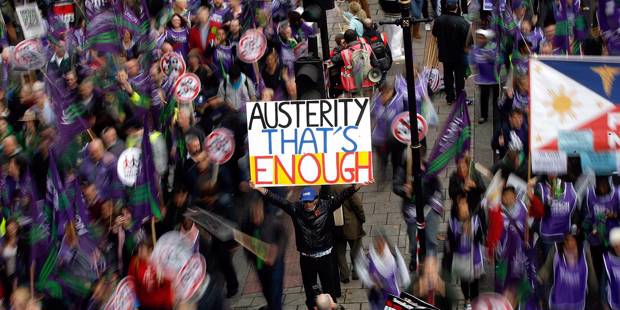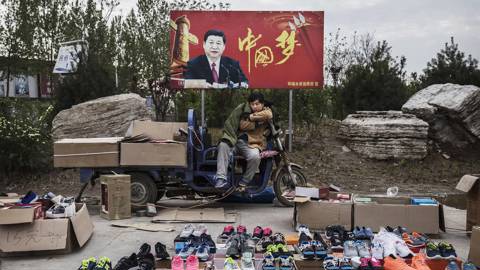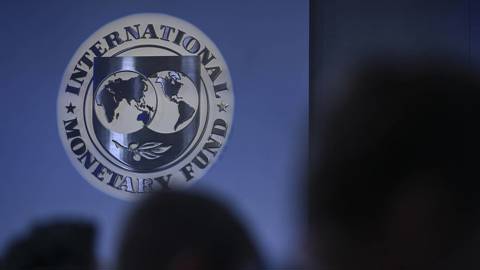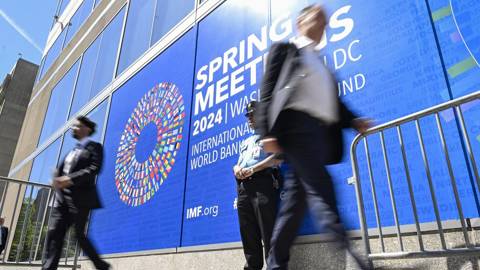Like all crises, the 2008 financial crisis was a moment of truth, not least for conventional wisdom about the US economy. Joseph Stiglitz was one of the few economists challenging the status quo long before the crisis erupted. In this selection of commentaries, written exclusively for Project Syndicate, he examines the successes and failures of America's response to the global financial crisis - and offers solutions to the US economy's troubles.










